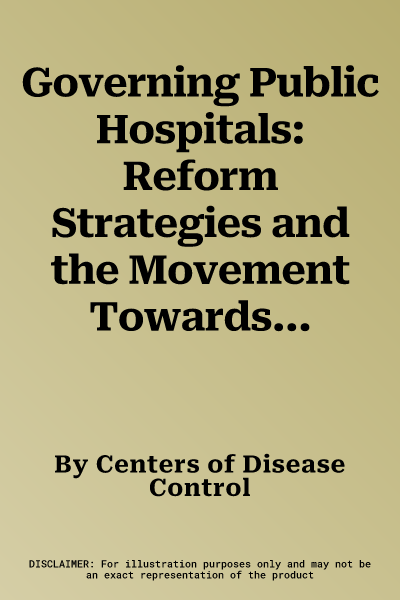For hospital governance to be effective, it must incorporate two
powerful and well-developed lines of health sector logic: on the one
hand, national health policy and objectives; on the other, operational
hospital management. One sphere is political, the other is technical.
One is subjective and value-based, the other is objective, with
performance that can be measured both clinically and financially. The
challenge for hospital-level governance is to integrate these two
disparate logics into a coherent and effective institutional-level
strategy.
This study explores key developments in public hospital governance in
Europe. In doing so, it highlights the central role of hospital-level
decision-making and how it is shaped by the various participants and
stakeholders. In particular, it examines the degree to which granting an
individual hospital the ability to make its own strategic, financial and
clinical decisions--to become semi-autonomous within the public
sector--may improve institutional-level functioning and outcomes.
In the initial chapters of this study, we draw on a substantial body of
literature in a number of related health policy, public management and
institutional governance arenas. How these different concepts might
apply to public hospitals is the subject of considerable discussion
here. It is in the interface of these differing conceptual approaches,
with the evidence and experience seen in the eight country cases, that
we catch a glimpse of the future of public hospital governance in
Europe. We hope that this study can serve as a solid conceptual and
practical contribution to future quantitative as well as qualitative
research on this important subject.

